Table of contents
- Another interesting article you should check out:
- How Social Media Triggers Reward Centers in the Brain
- Studies on Social Media Use and Mental Health
- The Psychology Behind Social Media's Addictive Nature
- A Real-Life Example of Social Media's Impact
- Additionally for you: tips for Maintaining a Healthy Relationship with Social Media
- Further Resources and Next Steps
- Conclusion
Since the early 2000s, platforms like Facebook, Twitter, and Instagram have rapidly grown in popularity. So, what started as a way for college students to connect has evolved into a daily habit for billions of people worldwide. Social networks have become so integrated into modern life that it can be hard to recall a time without constant updates from friends online.
How Social Media Triggers Reward Centers in the Brain
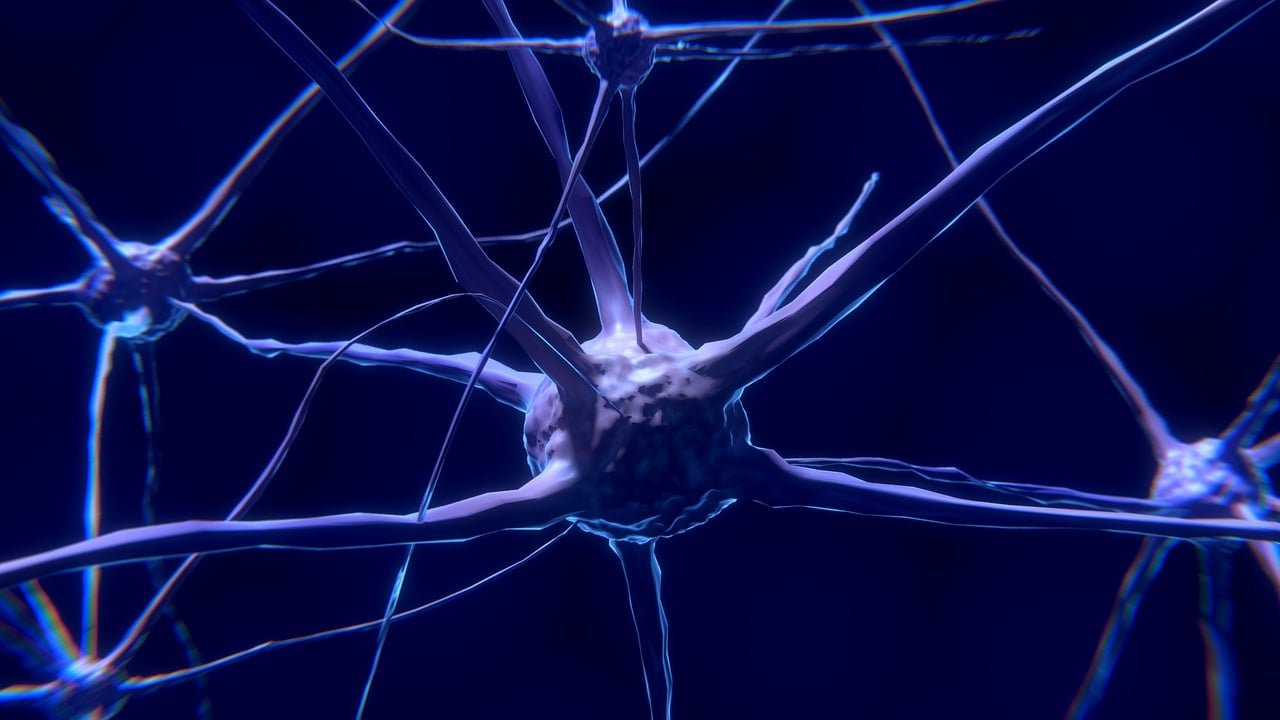
Research has provided key insights into why social media has become so addictive. When we engage with platforms like receiving likes and comments, key reward centers in the brain light up in similar ways as when eating food or having sex. This activates the brain’s dopamine system, motivating us to engage more to seek these dopamine “hits.” Frequent checking thus becomes habitual as the brain learns to associate the platform with pleasure and reward.
Studies on Social Media Use and Mental Health
On account of this, several studies have found correlations between heavy social media use and increased rates of depression, anxiety, and loneliness. However, causation has been difficult to determine, as troubled individuals may gravitate towards more screen time. Still, other research links aspects like social comparison to lower self-esteem. Time spent passively scrolling has also replaced opportunities for meaningful in-person socializing and real-world experiences, which are paramount for well-being.
The Psychology Behind Social Media’s Addictive Nature
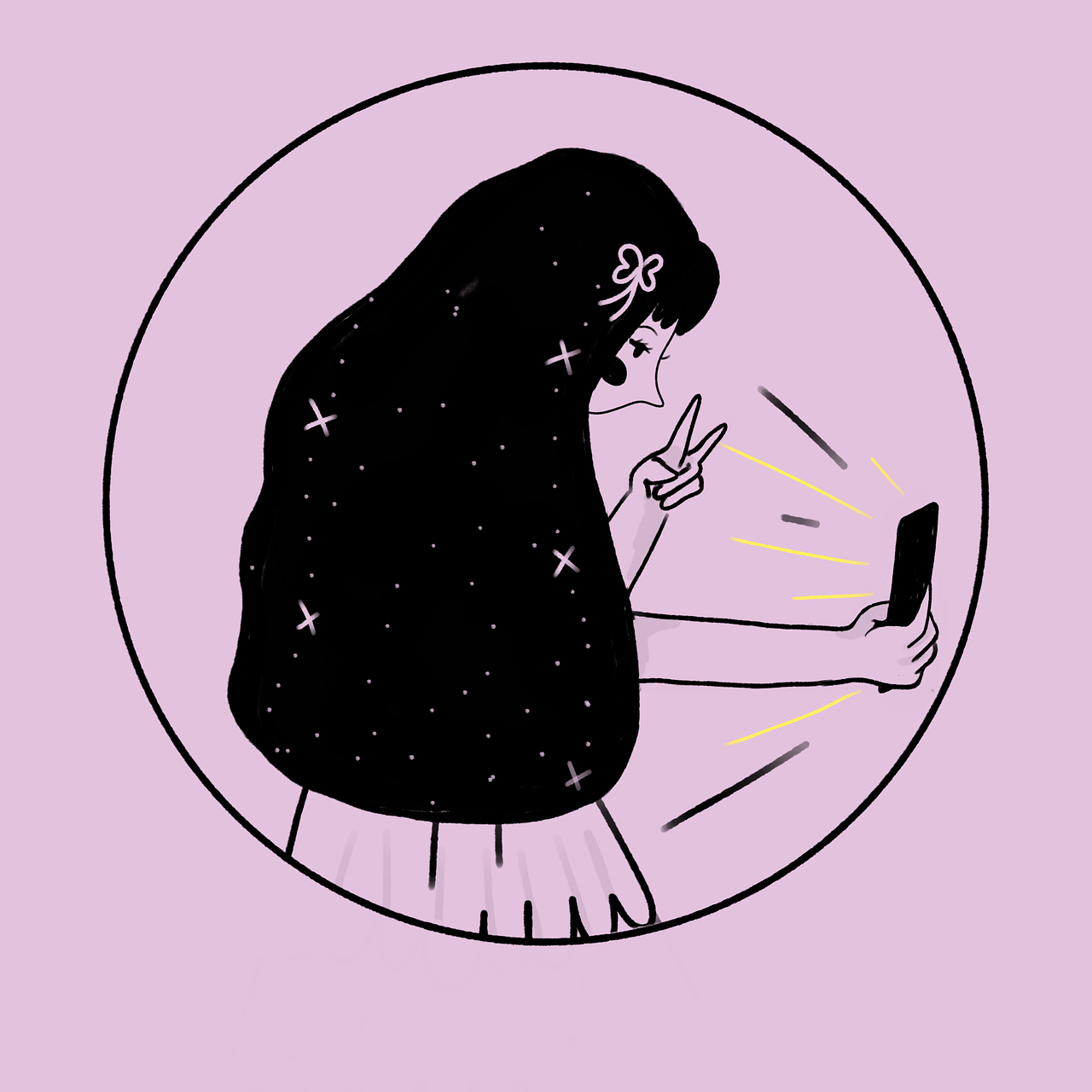
So, to better comprehend social media’s addictive qualities, it’s important to understand the underlying psychology. Basically , platforms are designed to trigger our innate human desires for social bonding and status and keep users engaged.
Moreover, networks satisfy the basic psychological need to belong. Hence, by connecting with others, users find community and reinforcement. However, this in turn makes the platform integral to one’s identity and self-worth. Consequently, breaking the habit becomes profoundly difficult, almost like losing a core part of oneself.
In addition, networks activate the reward pathway in the brain similarly to how drugs like cocaine function. Basically, every notification acts as a hit of dopamine, motivating the repeated behavior of checking. Therefore, habitual use is reinforced through this same classical conditioning process.
Similarly, the variable schedule of these rewards, like an unpredictable slot machine, can increase addiction potential. Whereas drugs provide certainty, social feedback is volatile, ranging from many likes to none at all. Thus, the compulsion to check intensifies to regain that hard-won validation.
Also, the inherent social comparison on networks may trigger insecurities as users selectively highlight positive attributes. Hence, this fuels the unwinnable pursuit of attaining unattainable high standards of others’. Thus, many come to base their self-worth externally on fleeting online feedback and numbers of followers or friends.
In summary, while fulfilling social needs, platforms have leveraged deep human psychology around belonging, status, and conditioning in ways that can wire compulsive behavior if overused without moderation or balance in real life. Hence, an awareness of these drivers is key to actively managing social media habits.
A Real-Life Example of Social Media’s Impact
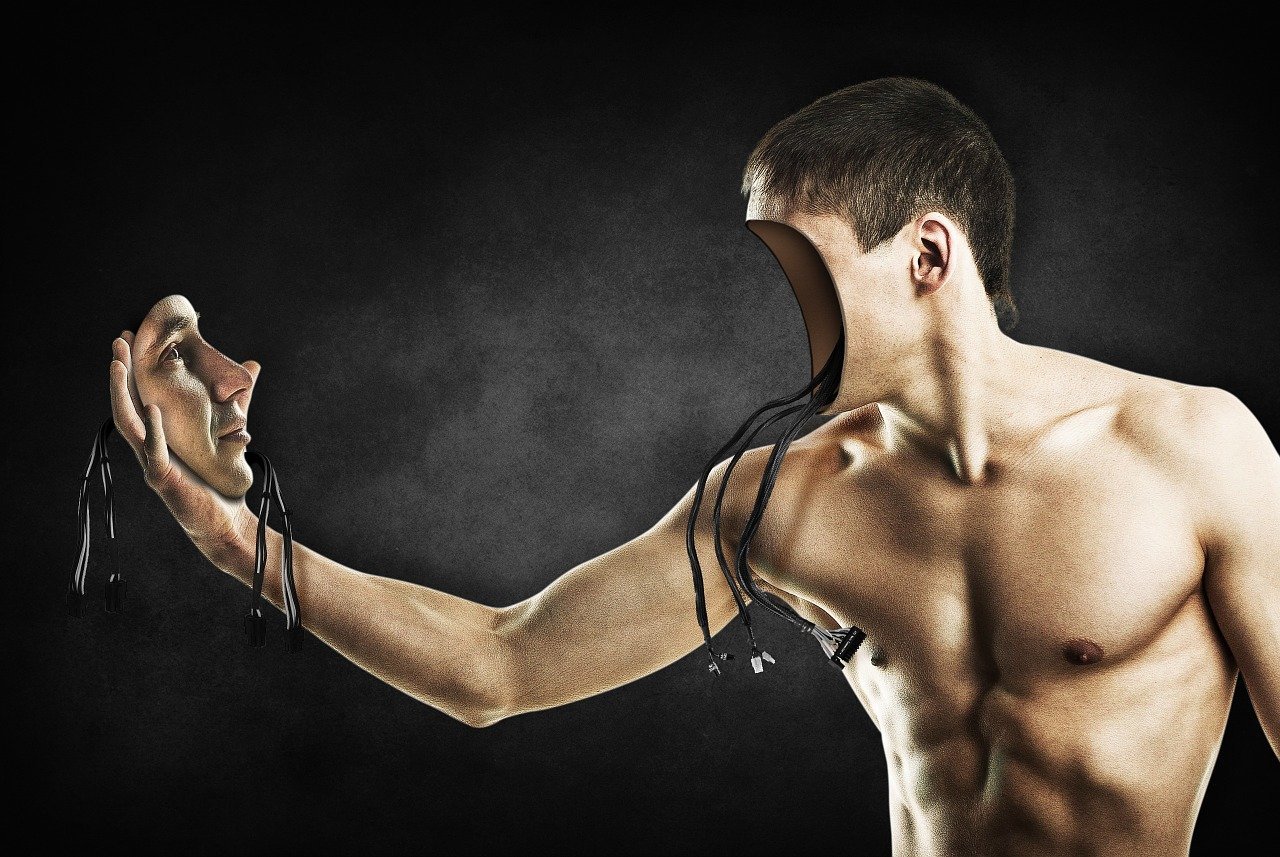
So, to understand social media’s effect beyond broad statistics, consider John’s story. At the university in 2010, John joined Facebook, where he consequently began constantly checking for likes and comments. Accordingly, He found this validated his self-worth in a way real-life interactions struggled to. Hence, over time, John spent fewer evenings with friends and more time scrolling Facebook from his dorm room.
Consequently, in his junior year, John noticed many of his peers constantly posting lavish social activities and accomplishments. This triggered feelings of inadequacy in John, as his own life seemed dull by comparison. Thus, John’s anxiety and depression steadily grew as he increasingly based his self-worth on virtual feedback and comparison to curated digital highlight reels.
Therefore, after graduation, John brought this smartphone addiction into the workforce. Late nights were spent mindlessly browsing instead of maintaining healthy routines. Therefore, John’s offline relationships became neglected as social media provided an easy escape from challenges. Accordingly, over a period of 5 years, John isolated himself behind a screen, seldom leaving his apartment except for work.
This is just one example, but it reflects research linking heavy social media use to deteriorating mental health. It highlights why maintaining balance and prioritizing real-world connection over virtual validation is vital for well-being, especially for those vulnerable to comparison and social anxiety. Accordingly, with professional help, John is now learning healthier digital habits as part of his recovery journey.
Additionally for you: tips for Maintaining a Healthy Relationship with Social Media
So, to avoid potential negatives, set limits on non-work screen time each day. Hence, turn off notifications to reduce compulsiveness. Also, focus on quality interactions over quantity by directly messaging close friends. Additionally, replace mindless scrolling with activities like exercise, hobbies, and quality relationships. And also, maintain perspective by reflecting on life offline. So, remember that social media highlights highlight reels, not full pictures of others’ lives.
Further Resources and Next Steps
Additionally, consider “Irresistible” by Adam Alter or “Rewire Your Anxious Brain” by Catherine Pittman and Elizabeth Karle. Productivity coach Cal Newport also offers tips on digital minimalism. Overall, maintaining moderation and an offline life enriched by real experiences are keys to wellness in our hyperconnected world.
- Digital Wellbeing – Google’s site with tips to manage tech and stay balanced – https://www.google.com/intl/en/digitalwellbeing/
- BBC Future article on how social media affects mental health – https://www.bbc.com/future/article/20220118-how-social-media-affects-our-mental-health
- Verywell Mind articles on social media addiction and impacts – https://www.verywellmind.com/social-media-addiction-4797527
- Hidden Brain episodes on social media, comparison, and psychology: https://www.npr.org/podcasts/381443713/hidden-brain
- Researchers: Follow scientists on Twitter like Dr. Adam Alter, Dr. Jean Twenge, and Dr. Jenny Radesky
- Books: Reading broader on neuropsychology, motivation, and behavior can aid understanding
So, I hope these additional exploration resources provide multiple paths to continued learning on this important topic.
Conclusion
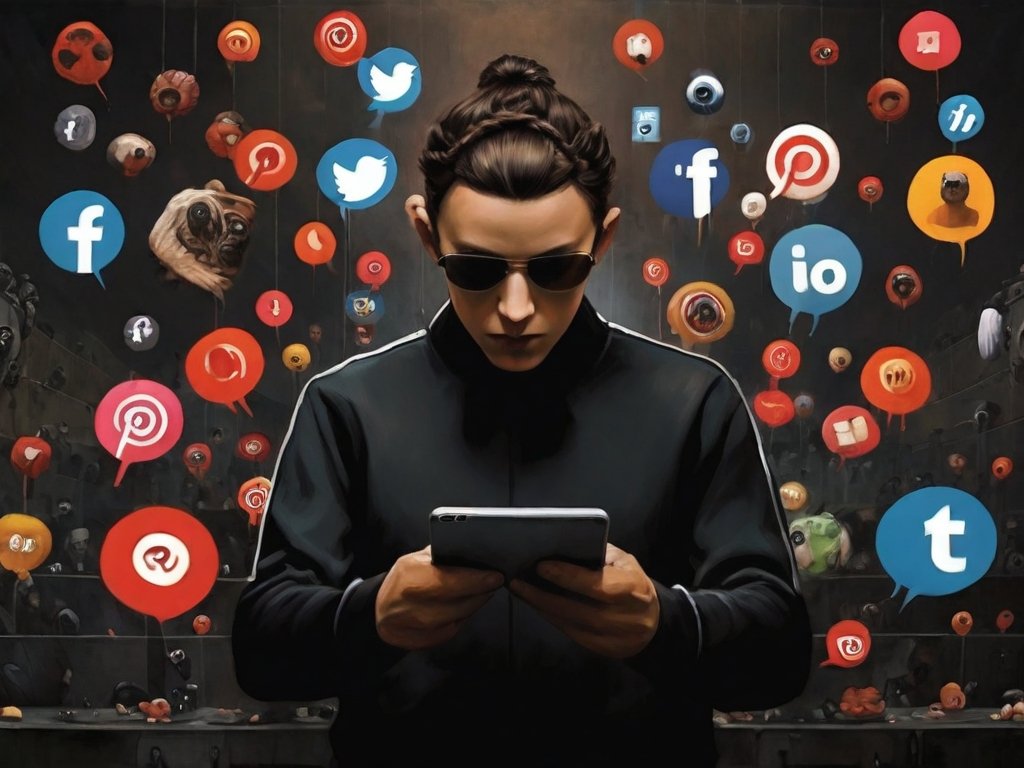
In summary, while social media fills important social needs, its addictive qualities have rewired our brains in ways that don’t always serve long-term well-being and happiness. Hence, with self-awareness and active steps, individuals can find a balanced approach and a healthier relationship with these digital platforms. True fulfillment comes from meaningful offline connections and experiences rather than an endless social media scroll. Thus, moderation and an enriched real-world life are keys to wellness in today’s hyperconnected world.
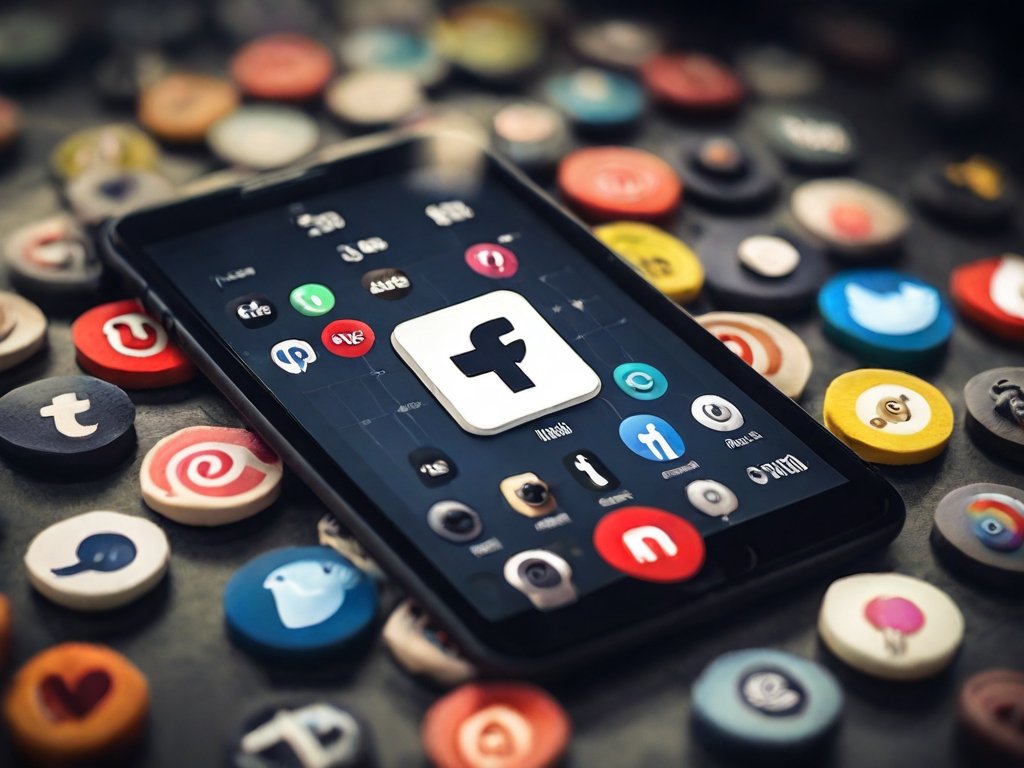
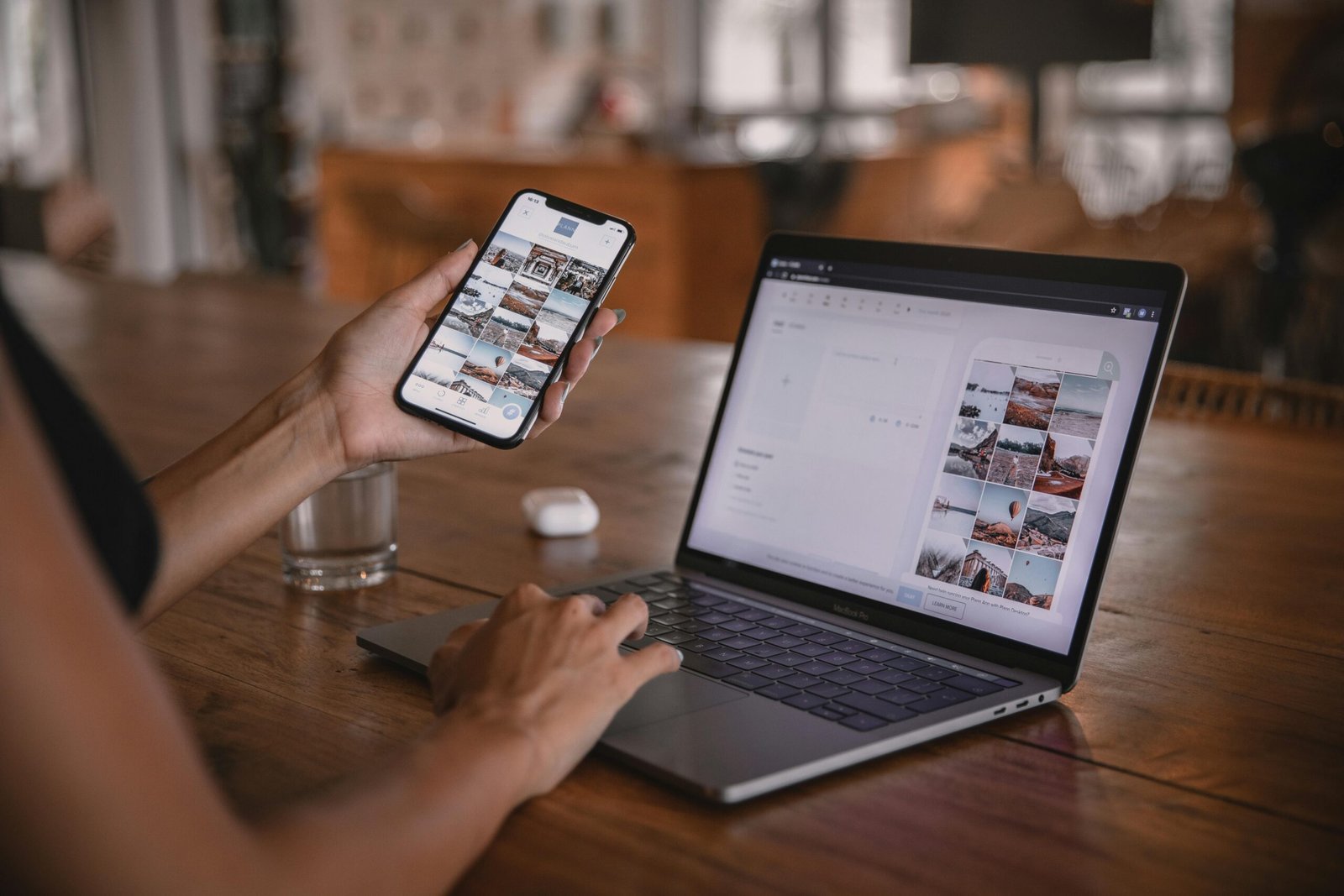


Leave a Reply